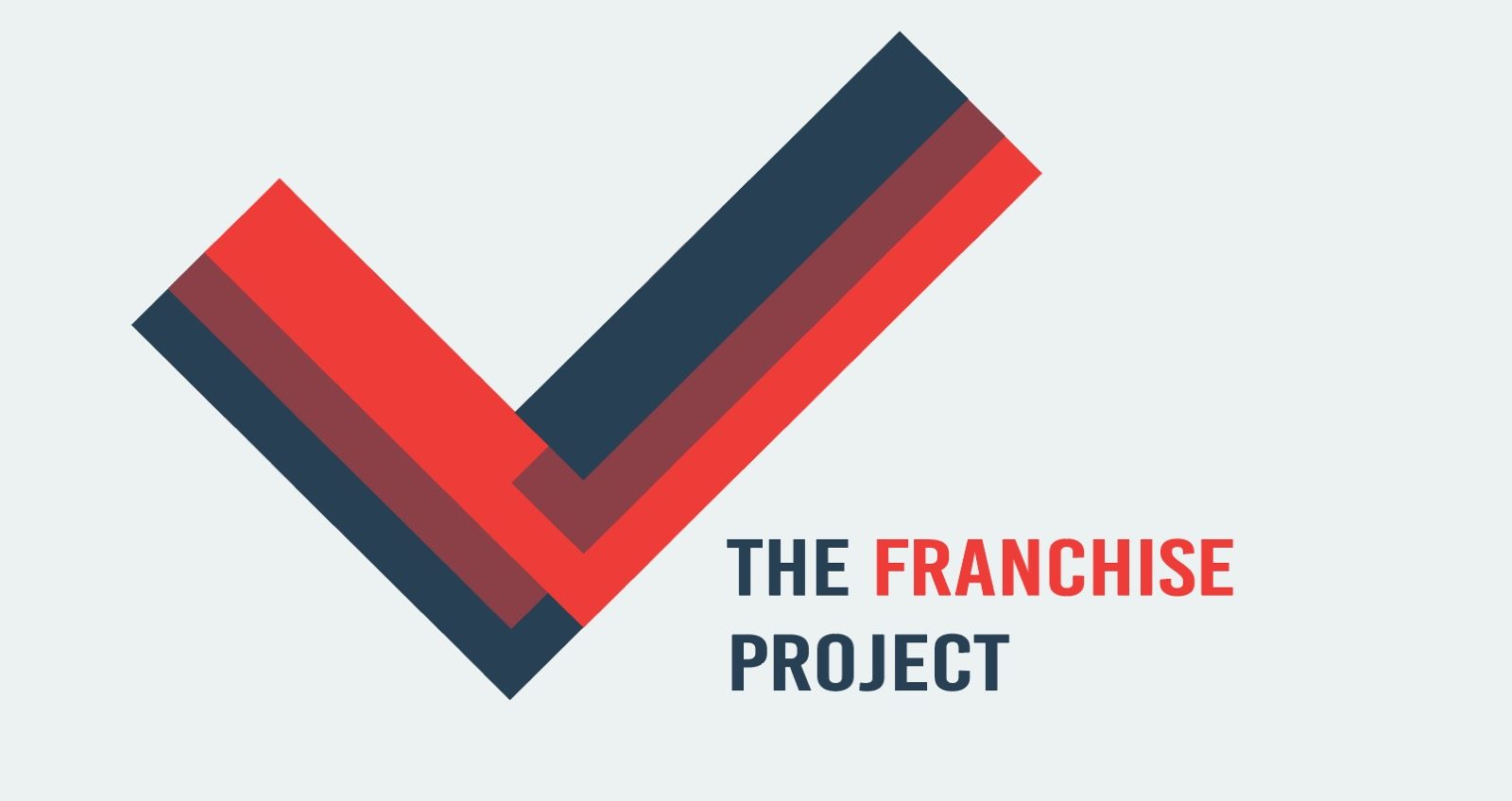It’s October of an election year, and you’re thinking about voting in a few weeks. You just moved a few hours away, so you pull up a new internet browser tab to search for your new state’s Secretary of State website so you can update your voter registration and look up your new polling place. Easy enough — but only if you happen to have moved to one of the 32 states plus D.C. that allows you to do both those things online.
The Franchise Project has researched the landscape of Central Website Access — the accessibility of information about voting or election processes online. In particular, we’ve given each state and D.C. a score based on the following four checkpoints: 1) The ability to request an absentee ballot online; 2) The ability to register to vote online; 3) The ability to look up an election day polling place online; 4) The ability to check vote by mail status online. Eleven states and D.C. score perfectly on this checklist, six states only meet one criteria, and the rest fall somewhere in between.
Studies show that offering these tools online leads to more accurate voter registrations, increased voter participation, and substantial cost savings for state election administrators. In recent years the share of voters registering online has steadily climbed — in 2016 about 17% of all voter registrations were completed online — in keeping with the quickly growing list of states which offer online voter registration. Since Arizona created the first online voter registration system in 2002, the policy has spread to 38 states who now offer online voter registration or will implement it soon.
When these online tools are available, they are popular among state election officials and voters alike: 95% of online voter registrants surveyed in 2010 said they would recommend registering online to others in their state. Some third-party groups have stepped in to fill gaps in online access since not every state provides information online that voters need, such as sample ballots, polling places, or tools to request absentee ballots. But it’s important for state election administrators to make these tools and information available through centralized websites, as state officials should be the most trusted source of voting tools and information. Voters look to their state election officials for secure and reliable information about voting. More and more states are updating their voting systems to incorporate online tools, but many states still do not meet the expectation of their voters to provide access online to the information and tools necessary to vote.
Want to increase online accessibility in your state? So do we. Like other election procedures, online tools are governed by state laws or state election administrators’ actions. Look up your state elections office here and let them know what resources you’d like to see online. Follow bills in your state legislature that would expand online accessibility and urge your state legislators to support them. And lastly, consider running for office yourself!
